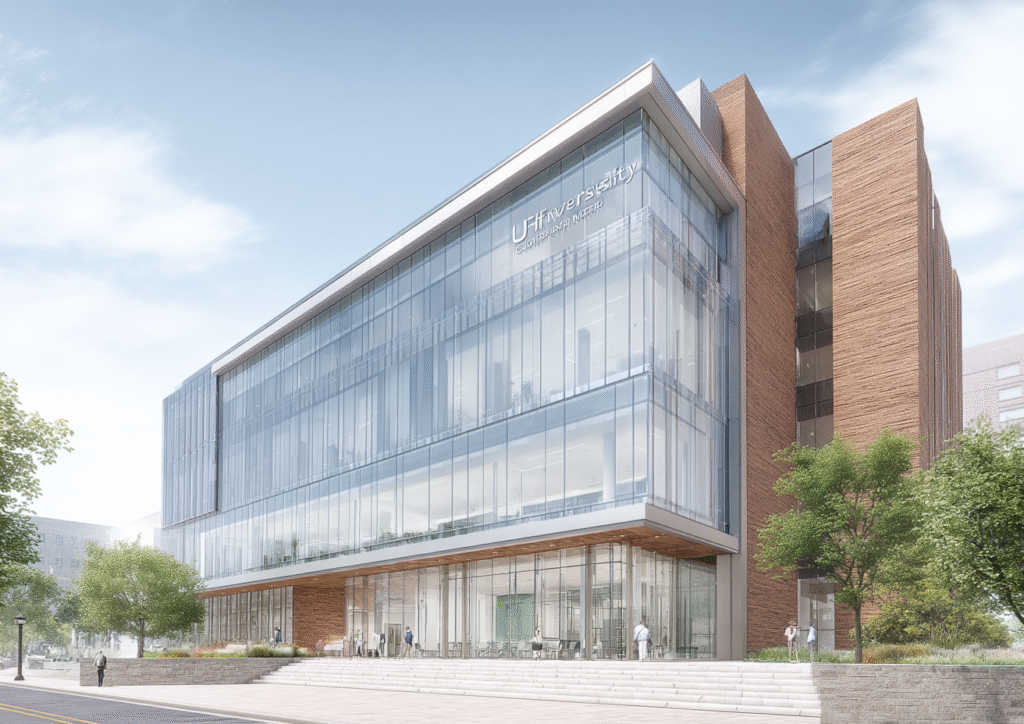In the evolving landscape of healthcare, UF Health stands out as a beacon of innovation and progress. Over the past 18 months, this esteemed academic medical center in Florida has embraced a transformative journey toward a unified academic model. This transition aims to enhance both care access and workforce development, setting a powerful precedent for academic healthcare institutions across the nation.
The Necessity of a Unified Academic Model
As the healthcare environment becomes increasingly complex, challenges such as fragmented care delivery and workforce shortages hinder patient access to essential medical services. The unified academic model introduced by UF Health aims to bridge these gaps effectively by integrating various components of healthcare delivery, education, and research. By streamlining operations, the organization seeks to improve not only service accessibility but also the quality of medical education and research productivity.
The advantages of a unified operating structure extend beyond mere operational efficiency. This model fosters innovation in healthcare delivery, critical for addressing the unique needs of diverse populations, particularly in regions like Gainesville, Florida, where care disparities often exist.
Key Challenges in Healthcare Transformation
Implementing a unified model does not come without challenges. Key issues that healthcare leaders must navigate include:
- The potential resistance to change from staff accustomed to existing structures.
- Ensuring effective communication across various departments and teams.
- Developing a workforce equipped with new technical skills.
- Securing adequate funding for transformation initiatives.
These challenges underscore the need for strong leadership and strategic workforce development strategies. Addressing these issues requires a commitment to adaptability and continuous improvement across all layers of the organization.
Advancing Workforce Development
One of the most significant components of the transition is its focus on workforce development. UF Health has prioritized training and upskilling its medical professionals to navigate the intricacies of a unified model effectively. This emphasis on education ensures that healthcare providers possess the skills necessary to offer cutting-edge medical treatments while fostering a culture of collaboration and leadership among staff.
Implementing mentorship programs, leadership training workshops, and continuing education courses are just a few actions undertaken to support workforce development. Furthermore, these initiatives enhance staff satisfaction and retention, vital components for maintaining a robust healthcare system.
Real-World Impact on Care Access
The transition to a unified model has already shown promising results in care accessibility. For example, by integrating telehealth services into their operations, UF Health has expanded its reach to rural areas surrounding Gainesville, enabling patients who might otherwise face significant barriers to access healthcare.
The data supports this success. A recent report highlighted a 30% increase in patient attendance for primary care appointments at UF Health since the implementation of the new unified model. Additionally, satisfaction rates among patients have increased significantly, reflecting the positive outcomes of enhanced access to care.
Exploring Best Practices in Academic Healthcare Integration
The journey of integrating the unified academic model at UF Health offers valuable insights for healthcare professionals, hospital administrators, and academic leaders across the nation. Here are some best practices to consider:
- Engage Stakeholders Early: Involving staff and stakeholders at every stage of the transition fosters a sense of ownership and can help minimize resistance.
- Prioritize Communication: Transparent communication about the changes and expectations is crucial for building trust among staff.
- Focus on Training: Continuous workforce training programs ensure staff are equipped to meet ever-evolving healthcare demands.
- Implement Data-Driven Decision Making: Utilizing data analytics to assess care delivery can help identify areas for improvement and inform operational strategies.
These practices not only facilitate a smooth transformation but also lay the groundwork for sustainable success within unified academic healthcare environments.
Looking to the Future
As UF Health continues to evolve within this unified framework, ongoing evaluation and adaptation will be essential. The experience gained over the last 18 months provides a solid foundation but also highlights the importance of remaining nimble in the face of future challenges. For instance, as healthcare technology continues to advance, embracing these changes will be vital for ensuring the provision of high-quality care across all service lines.
Furthermore, the potential for knowledge-sharing across academic institutions can catalyze further advancements in healthcare transformation, protecting the future viability of academic medical centers.
Conclusion: A Unified Vision for Healthcare Delivery
The transition to a unified academic model by UF Health illustrates a transformative approach to overcoming the challenges that plague modern healthcare systems. This approach not only improves care access but also enhances workforce development, positioning UF Health as a leader in the evolving healthcare landscape.
Healthcare professionals, hospital administrators, and academic leaders can glean invaluable lessons from UF Health’s journey. As they explore methods for integrating their systems, it becomes paramount to recognize the inherent value of a unified approach in advancing patient care and service delivery.
As the industry continues to change, partner with the Pulivarthi Group to learn more about how unified systems can enhance healthcare delivery. Explore actionable staffing solutions that support your organization’s transition into a more integrated, efficient, and patient-centered healthcare future.






